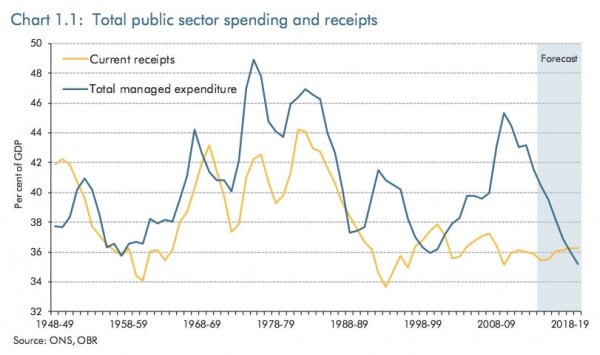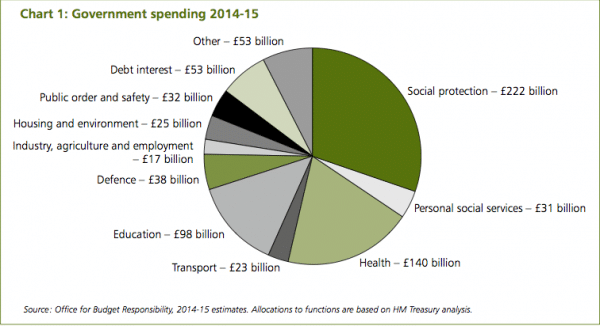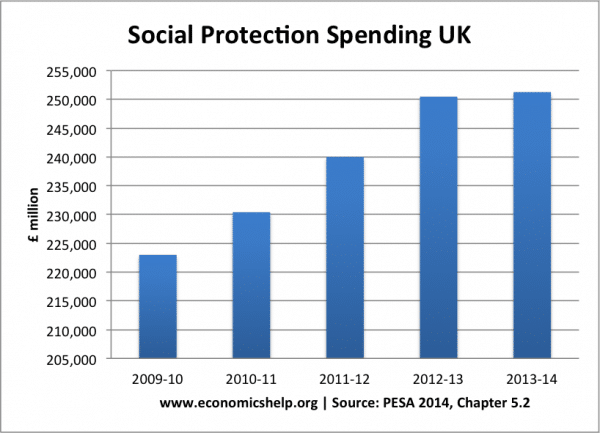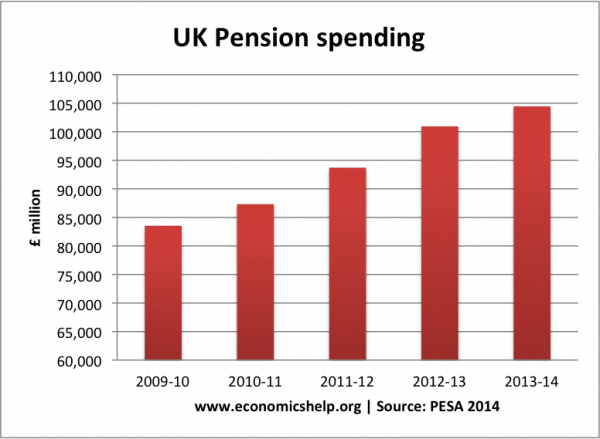Readers Question: Endangered rain forests, wild fish, elephants and more are examples of the tragedy of the commons. What would economists recommend to save, rain forests or fish stocks?
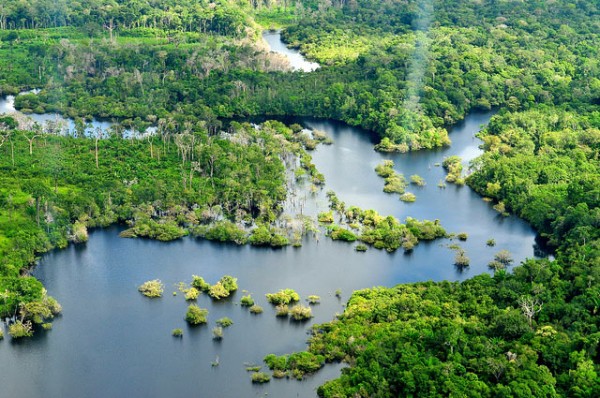
Firstly, the tragedy of the commons is a situation where there is overconsumption of a particular product / service because rational individual decisions lead to an outcome that is damaging to the overall social welfare.
The problem with rain forests is that people may feel an economic incentive to chop down trees in order to make a business, e.g. farming, wood for furniture. On their own – a decision to cut down a few trees don’t seem to make much difference. If you buy a table made with wood from a rainforest it doesn’t make that much difference. But, if everyone takes these decisions, we end up with overconsumption and eventually this precious resource is lost.
Economic policies to save the Rainforest
1. Laws and regulations by governments to make areas of rainforest protected.
This is the simplest and easiest. The Brazilian government can simply disallow firms from cutting down more trees, and legally protect rain forests. The problem is that governments may not want to do this because they see it as viable economic resource they need to make use of.
2. Global co-operation. If we ban cutting down rain forests, some countries may lose economically – Brazil, Indonesia e.t.c. But, the world will benefit from reduced global warming and the benefits of saving rain forests. In an ideal world, all major economies could make a financial contribution to countries who promise to save their rain forests. Therefore countries like Brazil and Indonesia don’t feel like they are losing out. All countries are paying a small amount to gain the bigger long-term benefit of saving the rain forests.
For more ideas, I looked at this page: 10 things you can do to save the rainforest
Primarily these rely on trying to change consumer behaviour. But, how could an economist make the changes more widespread and not optional?
1. “Palm oil, found in half of all processed foods in the US, is a key contributor to rainforest deforestation”
In this case we could tax palm oil which is taken from land which used to be rainforest. Increasing the price of Palm Oil, would discourage consumption and encourage consumers to buy other oils.
The problem is that individual taxes on palm oil will have administration costs. It may also be difficult to know whether Palm oil has come from former areas of rainforest. but, in theory a tax will reduce demand. The money raised could be used to buy rainforest land to protect it.

